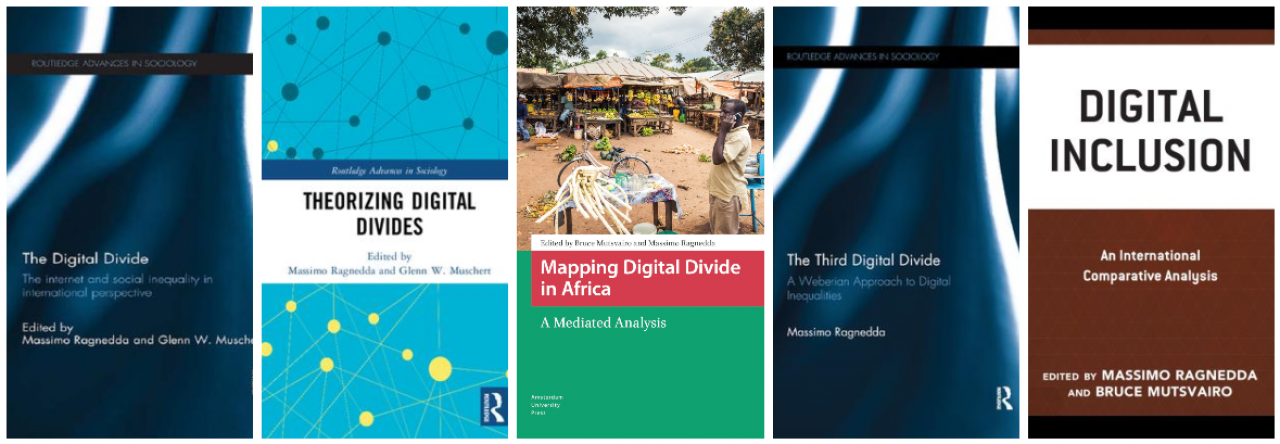I am so glad to have been nominated for the Student Led Teaching Awards 2022. This is the 10th year in this project, which shows students appreciate all that staff do for them. Each year students complete an online form and they are asked two questions (as below).
Why do you want to nominate this person?
A man with the ability to provide an entire room of students the ability to see the world as he sees it, allowing us to view the intricacies that exist within society from a lens that has been cultivated for a lifetime, yet bestowed to us in the form of lectures; in other words, this man is the best teacher that I’ve ever personally had. university can be long and tiring, but he has provided for myself, and many others a second wind, propelling us to learn in a manner that is both interesting, and more importantly fun. He has given me the opportunity to better myself, and the others around me by showing that although life may be complicated, and the future even more complicated, there is always solutions.
Tell us something specific they’ve done that has made a difference to you.
Having done a foundation year, one of the main reasons I chose to do the course I’m currently on is because of him, I wouldn’t be where I am today if it wasn’t for his invigorating personality, and his ability to teach.










